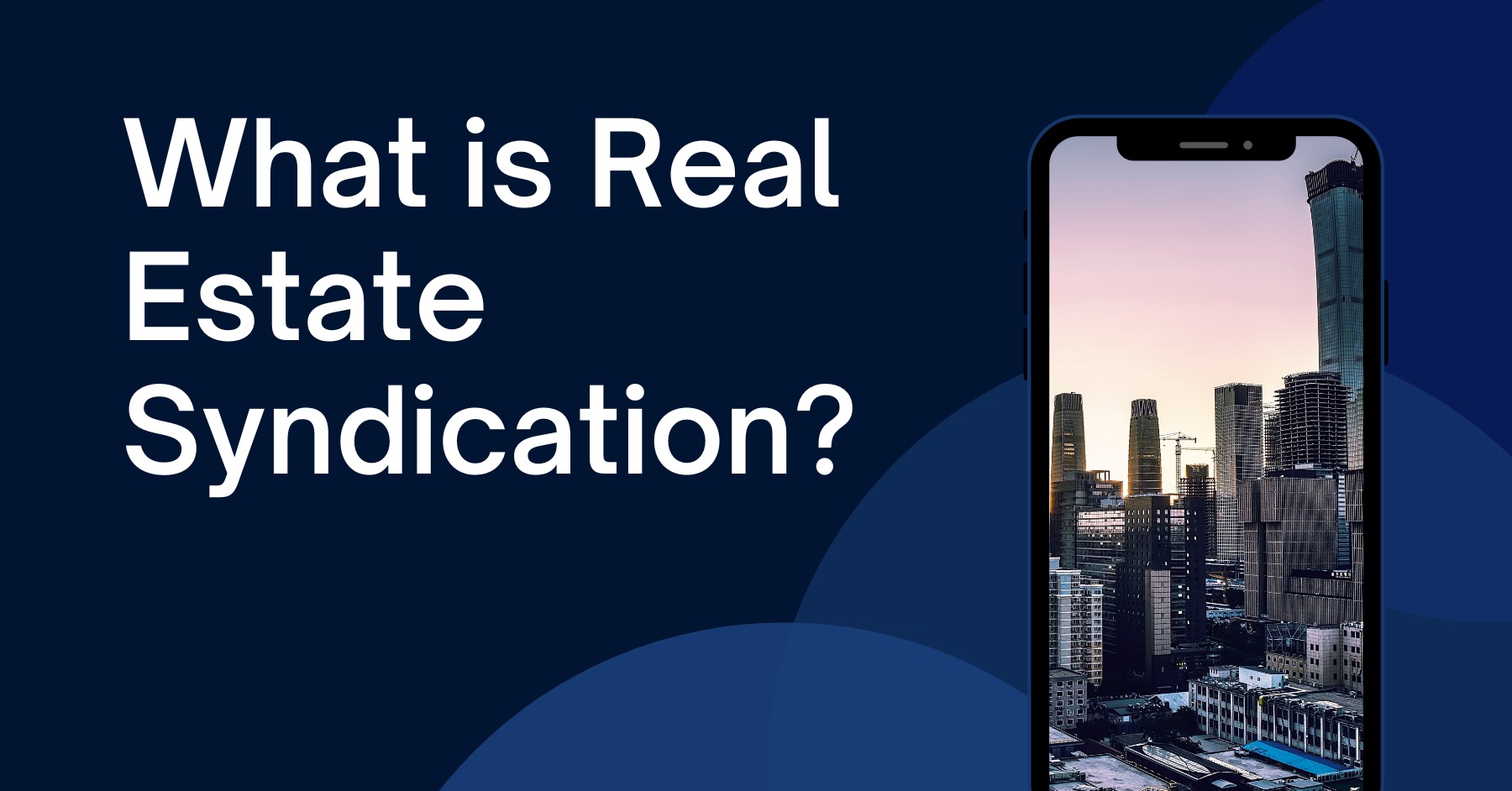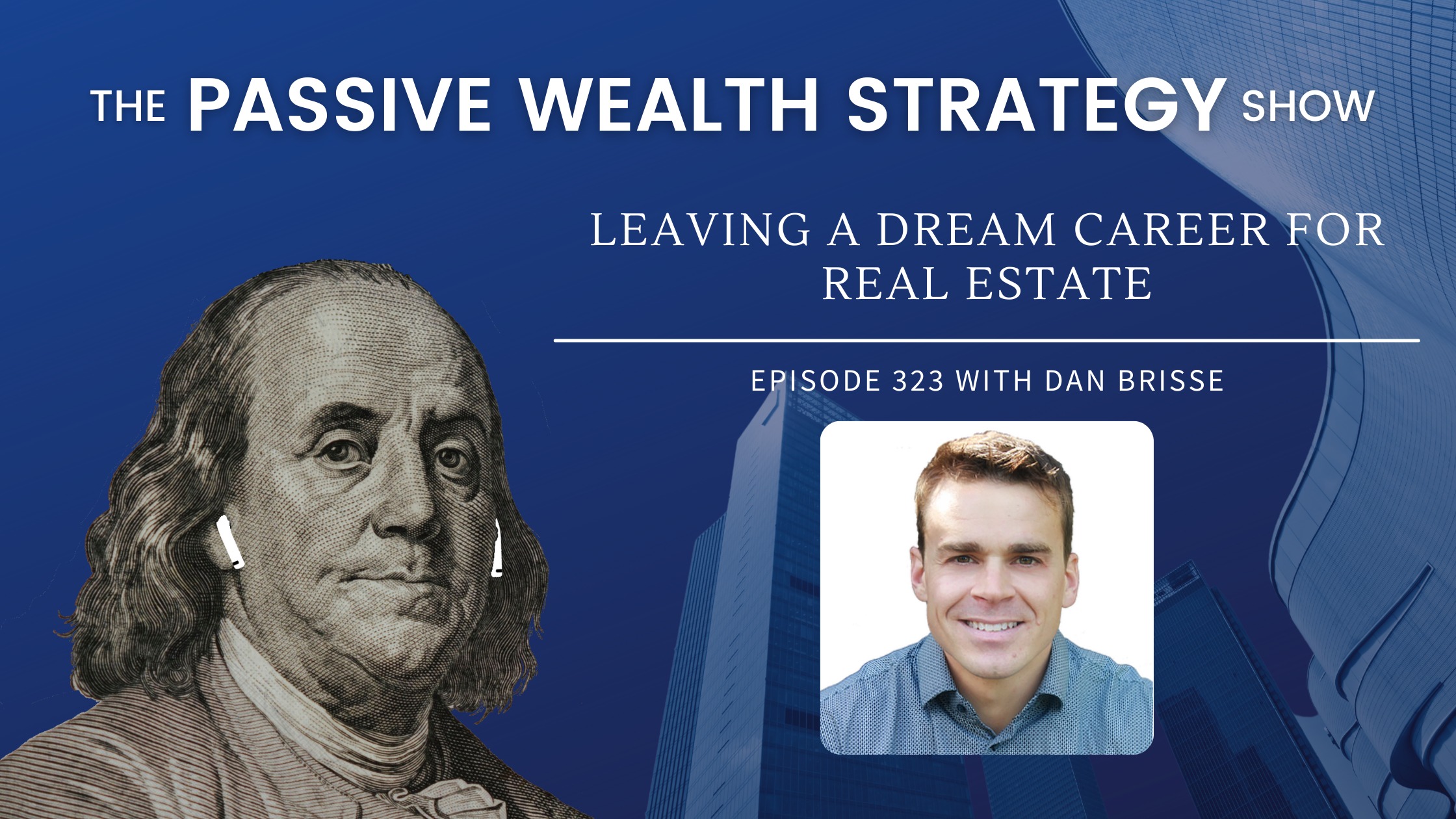
Leaving a Dream Career for Real Estate with Dan Brisse
Dan, thank you for joining us today.
Thanks for having me. I’m excited to be here.
You have such a cool story and really a unique experience in getting into the real estate investing space for our listeners out there who haven’t heard it before. Can you give us an intro as to what you were doing before you were a real estate investor?
And then we’ll talk about the story you learn about the transition into becoming a real estate.
Yeah, you bet. So my childhood dream was to become a professional snowboarder. I ended up being lucky enough to have that dream become a reality for us probably 22 years old. And I started to ride for several brands and I had a good 10, 15 year run getting paid by, brands like Volcom and rockstar, and GoPro.
And I was able to travel all over the world and film. And sh and shoot a lot of videos and photos for top brands, top magazines. And then I was a part of X games, six times cup of a gold medal, couple silver metals, and I’m now fully have transitioned from my snowboarding career to being a real estate investor.
So that all happened in the last several years.
That’s awesome. Can you tell us before I don’t want to bury the lead too much and tell us about the types of deals that you’re doing? So folks have a context for what you invest.
Yeah, we’re focused strictly on multi-family apartments, B and C class.
Typically a hundred units to 400 units is our sweet spot. And you were in that 10 to $30 million price point. We’re focused on Dallas, Fort Worth, and Nashville, Tennessee is our two main markets.
Cool. Cool. Awesome. And I’d really like to learn about that. Making that transition from a dream career, into investing in real estate.
When you started to realize, Hey, I need to, plan for the future and start making some changes. So can you rewind the clock for us a bit when that first kind of, I don’t know if you want to call them doubts, but realizations about, the long-term future started to come up?
Yeah. I didn’t start to think about it until midway through my career.
When a lot of my childhood heroes who I got to know living in salt lake city we’re transitioning out of their careers. They were, they had this long run and we’re winding things down and it just looked brutal. A lot of them, I already had bought big homes and big cars off of there.
Income from these contracts. And when those contracts went away, destruction set in and it scared me a little bit. Cause I was thinking, man, if those guys had as long a run as they had, and they were, it became a such a big superstars as they were, what are the chances I’m going to have that similar timeframe and, amount of income created through my snowboarding career.
It was partly that, and then the other part was I started to make good money as a snowboarder and I was looking for ways to reduce my tax bill. And as I was learning more and started to read more books about it, I read tax-free wealth by Tom. We go right. Nice and rich dad. Poor dad. Yeah. So I started to realize, Hey, maybe there is a better way than what I was doing coming from middle-class Minnesota.
I would make three to five grand a year in the summers working for my dad and or my or, any odd jobs I could find. And as I do that, I didn’t really have a tax bill. And all of a sudden this snowboarding career comes around and you’re making decent money. And all of a sudden you’ve got this bill and it’s massive.
And the question was is this really the best way? Or are there things that maybe I don’t know about the tax law, but I need to get figured out. I have the two big pieces for me was tax law. And then trying to find another way to create income that still allowed the freedom I had as a snowboarder.
Nice. So I think one of the classic, stories about the professional athlete is say like the football player who has a really good run, makes a ton of money, and blows it all while he’s playing. And then once he. Has nothing left? And it sounds like maybe the implication is that’s common in snowboarding as well.
And you saw that kind of cautionary tale happening with those that came before.
Yeah, definitely. I think the biggest thing is we’ve got a lack of financial education. There are two parts of wealth and one, you’ve got to have the cash and what do you do with it? And I think a lot of people understand they need to first earn the money, but I think the second piece of what to do with it.
Is w a lot harder to sometimes understand, or they don’t even know that there’s a better way to spend it, what do you spend it on? Do you spend it on an asset or a liability? Is it something that’s going to become more valuable and you’re going to have more of it, or is it going to go away?
And I think those pieces right there are the pieces to become more educated. And if you are an athlete, I was on a podcast the other day. And I said if I had more influence over more. I could pretty much say if you’re making three to 500 a year and live below your income, you should be able to retire when you’re done being done in your profession as an athlete, and you should be able to live off the cash flow and your nest eggs should be growing.
And that doesn’t happen most of the time. It seems unforeseen. Yeah. What
was your experience there? You kinda went out of the box, you kinda went your own way in a way. Did anybody like give you a hard time and say, man, why aren’t you buying yourself a sweet car, a bigger house?
Like all these other guts other guys did, or it was nobody really paying attention, they were, or they minding their own business. Did you get any flats?
No, I think if anything, they just didn’t think I was making what they were making. They didn’t understand that I was just living far below my means, and I was stuffing the cash into assets that would pay me every eight-month.
And until you see behind the curtain, you don’t really know. Someone’s living until, how much they’re making and how much they’re spending. It’s unknown. I always get a kind of laugh a little bit when you see doctors that are living in a huge home and driving a really nice car, but the only reason they’re living that way is because of the money they’re making from their day-to-day job, I they’re really a slave to their income.
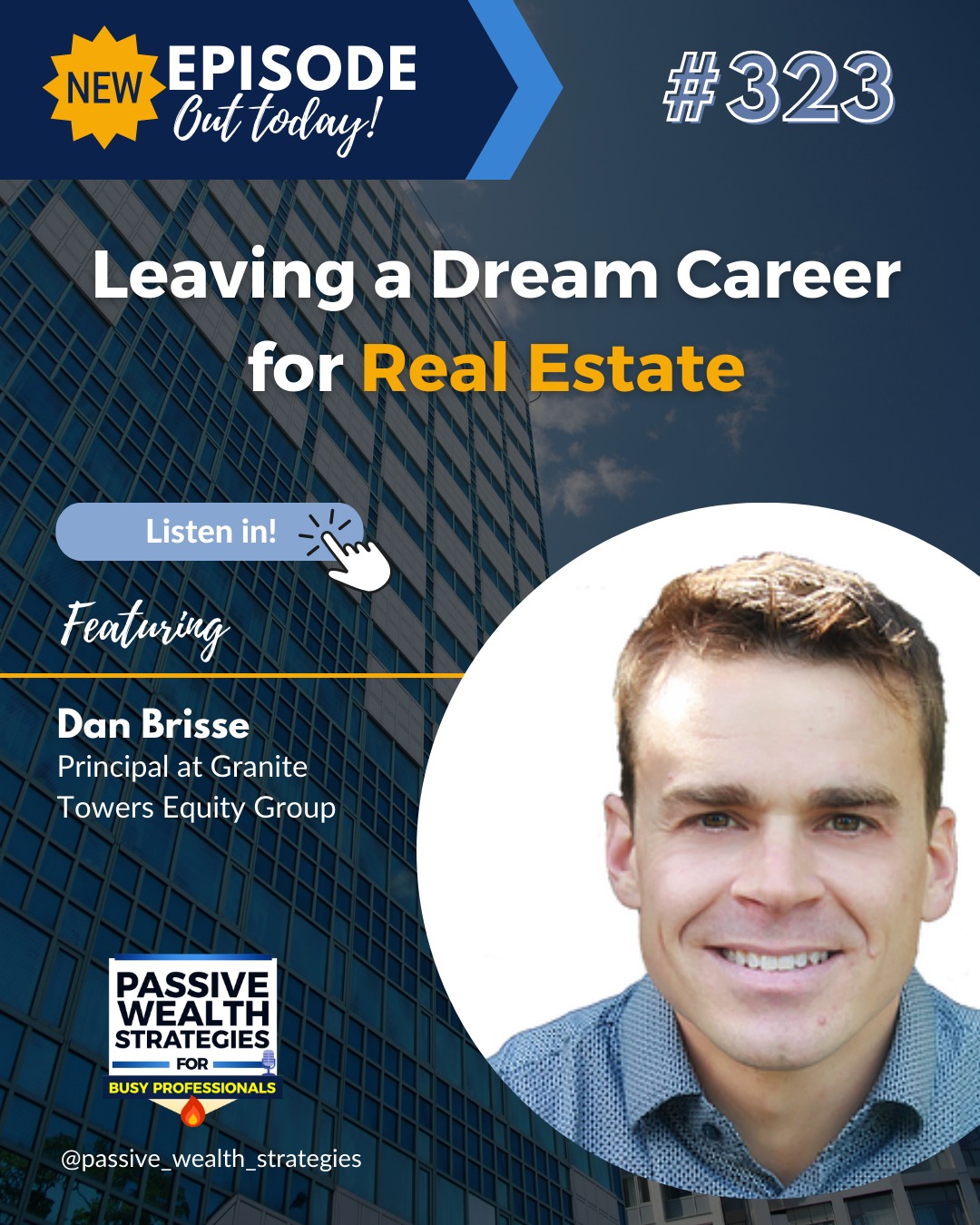
Leaving a Dream Career for Real Estate with Dan Brisse
And I think once you understand that you have a choice, do you want to live on the income you’re making or do you want to use that income to invest, to try to live on. Cool investment of cash. And that little mindset is the difference between being wealthy and being a slave.
Yeah, that’s a great point about doctors in particular.
I think, folks, if you don’t pay much attention, you tend to miss how many doctors are really not preparing for their financial future in a way that, we are our listeners out there likely are preparing for their future. How did you pick real estate and not, I’m sure there are many options available to you as a professional snowboarder that we might not even be aware of in terms of, I don’t know, developing a product or building your own brand just not snowboarding, but Tony Hawk had his own brand of video games and all those kinds of things.
Why real estate and not any of those other things that you could have.
I think two parts. One was the tax break-in. You are able to equally qualify with being married to my wife. That cost segregation and being a real estate professional. So in the middle of it, that was, reading tax-free wealth by town wheel.
I signed up with Pro-Vision, which is a company out of Arizona. And that company is specialized in real estate and helps your clients set themselves up to enjoy the benefits of real estate. And that was one of their suggestions is, Hey, if you buy a multifamily property, we can help show losses on paper that will reduce your tax bill.
That was number one. The other piece and we’re going to probably have to edit this out because I just lost me. Some, a bitch, you edit this at all.
Oh yeah. We have an audio editor. Just tell us how you want to tell us how you
want that. But yeah, that, that part, the second part, what was the question was again, what were the two reasons you got into real estate?
Oh yeah. The second reason I got into real estate at that time was I was able to own the property and still have a career. I was able to start building my wealth while I still had my snowboarding career. You probably could have started another business on the side, but I could hire third-party management and be fully disconnected.
And until I had a serious amount of assets under management or a serious amount of units, it was easy to have this full obsessed snowboard and career mixed with, putting more and more of my cash into these ads.
Interesting. Interesting. So I guess what options or what was out there for you to really cut your expenses?
Because I, how much were you on the hook for your own, like travel to events? Where were you paying for that out of your proceeds? Were companies sending you there? What were options that were available to you beyond the, don’t buy a fancy house, don’t buy a fancy car.
Yeah, while I was in just my snowboarding career, I had business expenses like travel, like you’re talking about, but there weren’t enough where I still had a six-figure tax bill, every year.
Wow. And that was the point where if I could align myself to, in my wife to qualify as a real estate professional, the income I was making, I could funnel into these apartments and take these losses on paper. Which, showed a significant reduction in your income legally, this is all legally speaking here.
So during my career, before my real estate, there were small expenses like a winch or, some equipment shovels. And, that was it. And maybe some travel, but my brands reimbursed me for all that. So there weren’t a lot of expenses that were available. Maybe a truck party, you could ride partner your truck or a sled.
But beyond that, there weren’t a lot of shelters.
Awesome. So in real estate investing, in my opinion, and I think the opinion of many others and getting your first deal or two is really maybe not the hardest part, but like the most complicated, the most owners that kind of takes the longest time to get the first dealer to done.
Tell us about that process and do that first deal while you’re, still a professional. No.
Yeah. So I went through two phases of my career as a real estate investor. The first phase was just pounding through every book I could find and aligning myself with a great CPA and then buying, as needed, and taking a little part-time class with an underwriting spreadsheet and buying a duplex.
And I bought a nine Plex and I bought a 24 unit deal. And that was the first phase. And then my business partner and I bought a 28 unit deal. He’s now my business before. Name’s Mike rotor part-owner of granite towers equity group. And when we started that business, we ended up getting trained by a gentleman out of Dallas Fort worth that has been buying B and C class apartments for the last 20 years.
And going through his program over a two year period, we really honed in on his recipe for what makes a great acquisition and how to buy, and from joining that group, it took us 15 months to buy our first asset because everything had changed from what I was doing to her. He advised you to do it.
And I would say that investment into that information was probably the most valuable investment I ever had made. Just senses of how do you under it correctly, what makes it a great market? How do you asset manage correctly? And all that information is not the easiest to come by in detail.
And that, that really helped us accelerate our path. Once we got through that initial learning.
So would you go in looking back at those first couple of deals before you changed gears and got into the syndication space, you’re doing those smaller deals. Would you say you would do it again that way?
Would you move faster? Would you skip those entirely? What do you think about how you would maybe change things, looking at what you what’d, you change anything at all?
Yeah. If I was going back, I would have I would have not bought anything and joined with the mentoring program and got the recipe earlier.
I got lucky when I did buy those deals, two of the deals that duplex and the nine flex I bought at the right time, it was 2012 and it was a new market that was going up in value. So it was hard to lose. Yeah. But the 24 unit deal, I got lucky in the sense that we were in a growth pattern. I would have never bought that one again.
Or if I wouldn’t have bought it the same way. He would’ve come in with way more cap X dollars on day one. So we could have cured the major problems that the property needed. But it’s still, I wouldn’t buy a small deal like that anymore. We’re looking at a hundred units plus, because we want to be able to bring in third-party management that can successfully manage, these things for us.
We’re buying in markets that are landlord-friendly, business-friendly, major population growth. It’s higher than average. The demographic boom is taking place in these submarkets. Otherwise, we’re not looking in there anymore. We’re not looking in Minnesota at all anymore,
actually. Wow. So how are you evaluating those markets move before we were recording?
You were, we were talking you’re in Washington state, Vancouver, Washington. But as I understand, you’re not investing there. You’re investing pretty far away. So how do you handle finding those properties and then, the actual physical due diligence? Cause you got to check them out.
Yeah, finding the properties. We’re buying 95% more from brokers that we’ve built relationships with within these markets. And once the deal comes to our inbox, that with a broker that we have a relationship with will first, before we underwrite the deal, work with our management team closely to take a look at third-party industry data CoStar ALN, and just verify.
Kind of sub-market we’re buying and what’s the one-mile meeting income look like. What’s the history been like for rental and vacancy? What’s the future look like? What’s our management company. Think about how do they feel about it? Do they manage anything close? Just understand and assess what that sub-market looks like.
So we get a good feel. Of the tenant base that we’re going to be renting to and how much we can actually move the needle. The NOI can only move based on what the tenants can handle for rent, so you’ve got to have a one-mile meeting income that’s strong enough in order to actually be able to complete your business plan business.
So in the time that you’ve been investing in 2012 versus now is it seems like a world away, right? Everything was still on fire sale in 2012, particularly depending on where you were in the country. And then we’re looking at a different market today. What do you see? What do you think is coming next around the corner?
You still may presumably be bullish on multi-family. What are you still?
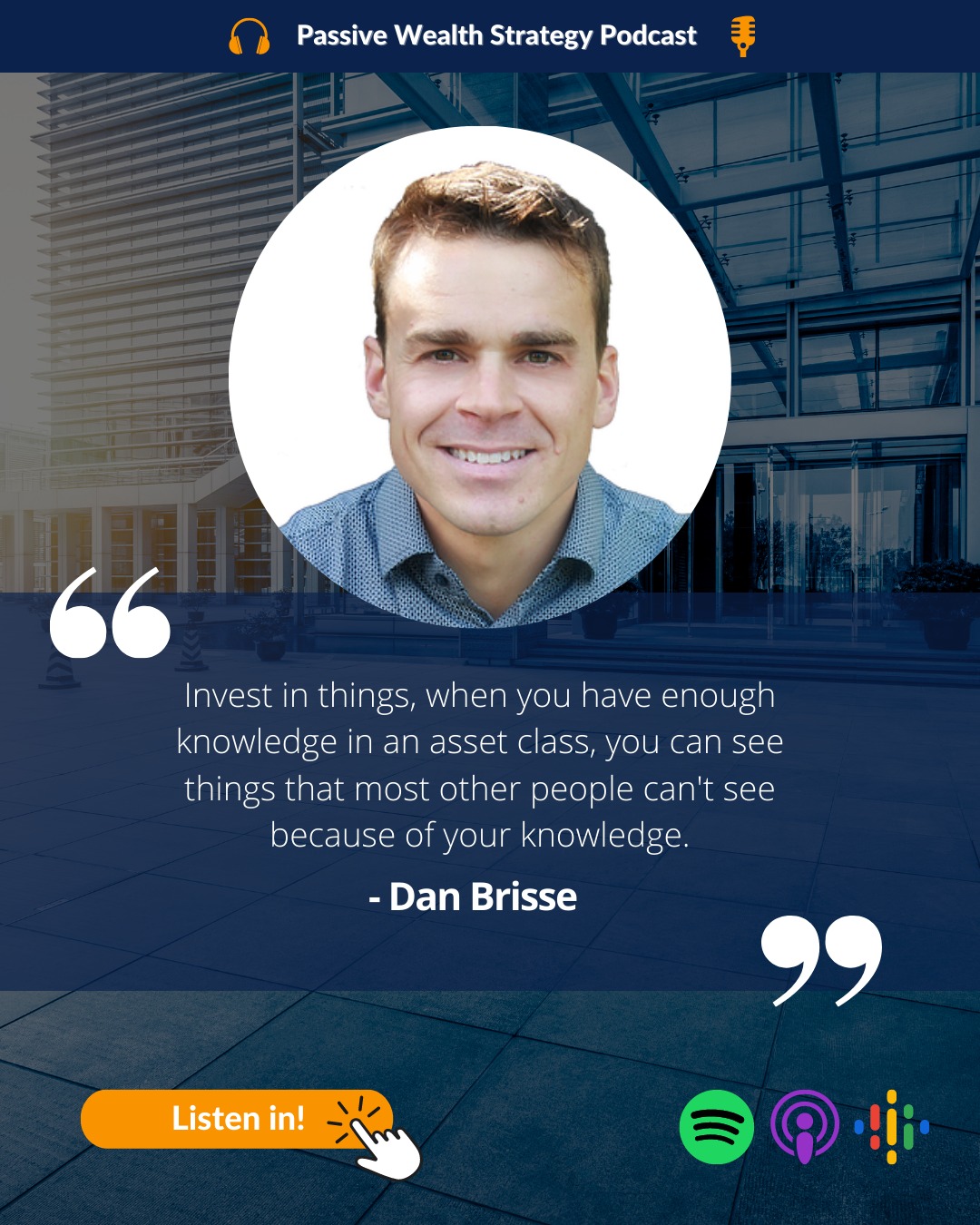
Invest in things, when you have enough knowledge in an asset class, you can see things that most other people can't see because of your knowledge.
Dan Brisse Tweet
Yeah, I am the thing that changed. I think with this COVID 19 pandemic recession or whatever you want to call it was that they started sending people free money in the mail. That was something that we’ve never experienced before. Davis. And once that cracked and it felt like it was needed to be cracked for good or for bad.
I think that if we go back into any sort of a deflationary period due to some sort of recession, that will happen again. The bigger thing that I’m curious about is how long does the world or us keep the world reserve currency with the dollar? That part is more of a question mark and something in the back of your mind that is concerning, but as long as the US.
The world reserve currency. I think they’ll just continue to inflate the dollar way to make sure we don’t go into a deflationary period, which they’re going to continue to destroy the dollar which they’ve been doing and continue to do in the trillions of dollars range. And as that happens, usually fixed assets fixed that becomes easier to pay off, inflation in fixed assets goes up.
So I think as long as the fed continues to do them. Their money, supply, and money printing being in real estate in great markets is a pretty damn safe place to be.
Yeah, absolutely. They can run the printer all day, but they’re not printing more real estate, more apartments and there’s 3d printing, but I think we’re decades upon decades away from actually 3d printing like homes.
That’s.
Gotcha. Yeah. Yeah, definitely. It’s a unique time. Sending people money in the mail is the new thing and helicopter money. Is that what they called it? It was. It was an eye-opening moment where you finally have hit the point. I’ve heard economists talk about how it’s coming and it was likely to come.
And I didn’t know when, and I didn’t know if I believe that in here it’s here. And it’s as the dollar every currency in the history of the world eventually goes to zero that’s history. So based on history, it seems likely that if you’re using dollars now to buy fixed goods, it’s probably a good one.
Spend it instead of buying, kid letting it sit in the bank as it melts away.
Absolutely. Absolutely. Couldn’t agree more right now. We’re going to take a quick break for our sponsor. All right, Dan, I’ve got three questions. I ask every guest on the show. Are you ready? I’m ready. All right.
Great. First one. What is the best investment you ever made other than in your area?
The best investment I ever made other than my education, I would say, as far as dollar for dollar, we bought an 86 unit deal in Cleburne, Texas, and we put a 200% return on it in less than 24 months. So a hundred grand in 300 grand back.
In 24 months that, or we’ll see what happens here with some of these cryptocurrency purchases that as we go through this full market, hopefully that even beats it we’ll see
could it definitely could happen. So we had the best investment or best investments. Now we go to the other side of that coin, the worst investment.
What is the worst investment you have?
We’re still investment is probably in an investment I gave 145 grand to a gentleman who was doing a hard money loan on a property in Portland, Oregon, and he lost his company. And so far that 145 is toast. Yeah. I don’t know. He says he will, but that’s been two years and he doesn’t reach out unless I reach out to him and I have my doubts.
I’ve just learned from that piece, invest in only things, very well and things that you control. And if you’re going to invest in crypto and it’s gambling money, you better be okay with it going to zero. If you’re not okay with something zero, don’t put that much money to get into it.
Absolutely. Absolutely. Agree. My favorite question here at the end of the show is what is the most important lesson you’ve learned in business? And.
Yeah, I touched on it, but it’s invested in things, when you have enough knowledge in an asset class, you can see things that most other people can’t see because of your knowledge.
It helps you see how you can earn money and how much you could likely earn. And once you have that avenue for me, I guess I feel like why to go and risk it on things you don’t know if an asset class and, there’s a path to financial freedom, work that path and run that path. And maybe on the side, you can work on another asset class, but while, the one focused on just that one and,
Love it.
Dan, thank you for joining us today, and congratulations on your success of transitioning from your dream career into, I think an even better one as a real estate investor. If folks want to reach out, they want to track you down, find on the internet, whatever, talk about real estate deals, where can they help you?
Yeah, you bet www.granitetowersequitygroup.com And there’s a contact us tab. Just click that, contact us tab and send us a message and we’ll reach out to you and see if you’re a good fit
Awesome. Thank you once again for joining us today to everybody out there. Thank you for tuning in.
If you’re enjoying the show, please leave us a rating and review on apple podcasts. I appreciate that so much because that helps other people learn about the show that helps us rank higher in the apple podcast ecosystem. And I’m always honest with you guys that gives me a warm and fuzzy feeling because I get to see that you’re engaging with the content and you’re escaping wall street.
Along with us. I appreciate that so much. If you know anyone who could use a little bit more passive wealth in their lives, please share the show with them and bring them into the tribe. Thank you for tuning in once again. I hope you have a great rest of your day and we’ll talk to you on the next one.
Bye. Bye.
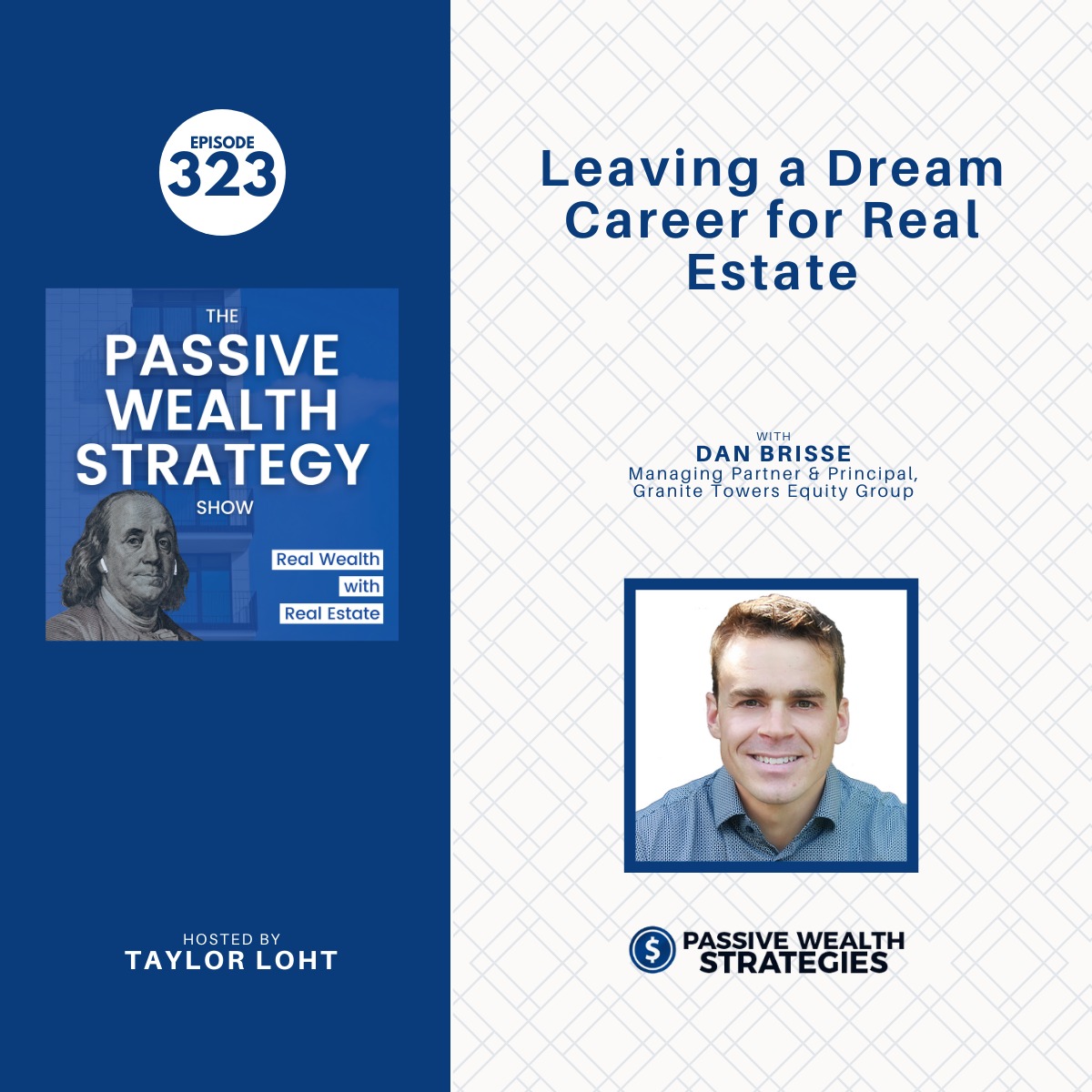
Dan Brisse on The Passive Wealth Strategy Show
About our Guest
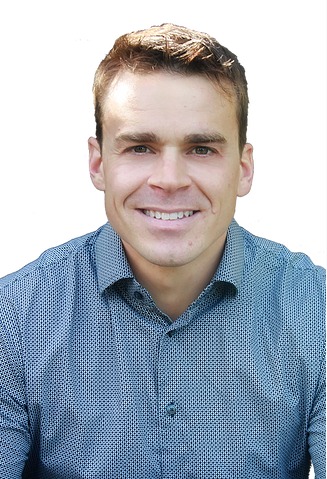
Dan Brisse
Dan Brisse is a Principal at Granite Towers Equity Group. Dan oversees asset management, acquisitions, and investor relations.
Dan’s commitment to the success of Granite Towers is rooted in his desire to help others gain financial freedom allowing them to live their best lives. His passion for real estate and philanthropy is always embedded in his daily guidance, which keeps Granite Towers growing in a healthy direction.
Dan currently resides in the state of Washington and has been a professional snowboarder for more than a decade with multiple X Games Gold Medals. He is married and has two young boys.
Episode Show Notes
Dan Brisse is a Principal at Granite Towers Equity Group. Dan oversees asset management, acquisitions, and investor relations. Dan’s commitment to the success of Granite Towers is rooted in his desire to help others gain financial freedom allowing them to live their best lives. His passion for real estate and philanthropy is always embedded in his daily guidance, which keeps Granite Towers growing in a healthy direction. Dan currently resides in the state of Washington and has been a professional snowboarder for more than a decade with multiple X Games Gold Medals. He is married and has two young boys.
[00:01 – 04:23] Opening Segment
- Get to know Dan Brisse
- I want to be a snowboarder! A dream turned into reality
- Snowboarding turned real estate investor
- Multifamily B & C Class apartments
[04: 24 – 10:55] Leaving a Dream Career for Real Estate
- Faced with the long-term future
- How Dan’s childhood heroes shifted from their respective careers
- The Two Parts of Wealth You Have to Know
- Wealthy versus a slave to your money
- Why Dan chose real estate
[10:55 – 19:09] Beginning REI while still Snowboarding
- Dan’s other options besides real estate
- Two Phases of Dan’s Real Estate Career
- What Dan would change during the beginning of his REI career
- Evaluating markets
- What about future plans?
- The World Reserve Currency
[19:10 – 25:52] Closing Segment
- Quick break for our sponsors
- Groundfloor offers short-term, high-yield real estate debt investments to the general public. Check passivewealthstrategy.com/groundfloor/ to get started.
- What is the best investment you’ve ever made other than your education?
- 86-Unit Deal in Cleburne, Texas
- Dan’s worst investment
- A Gentleman’s Hard Money Loan Investment
- What is the most important lesson that you’ve learned in business and investing?
- “Invest in things, you know.”
- Connect with my guest. See the links below.
Resources Mentioned:
Tweetable Quotes:
“We’ve got a lack of financial education” – Dan Brisse
“Until you see behind the curtain, you don’t really know how someone’s living.” – Dan Brisse
“Invest in only things you know very, very well and things that you control.” – Dan Brisse
————
Connect with Dan Brisse through Instagram and LinkedIn. Visit their website https://www.granitetowersequitygroup.com/.
Invest passively in multiple commercial real estate assets such as apartments, self storage, medical facilities, hotels and more through https://www.passivewealthstrategy.com/crowdstreet/
Participate directly in real estate investment loans on a fractional basis. Go to www.passivewealthstrategy.com/groundfloor/ and get ready to invest on your own terms.
LEAVE A REVIEW + help someone who wants to explode their business growth by sharing this episode or click here to listen to our previous episodes







